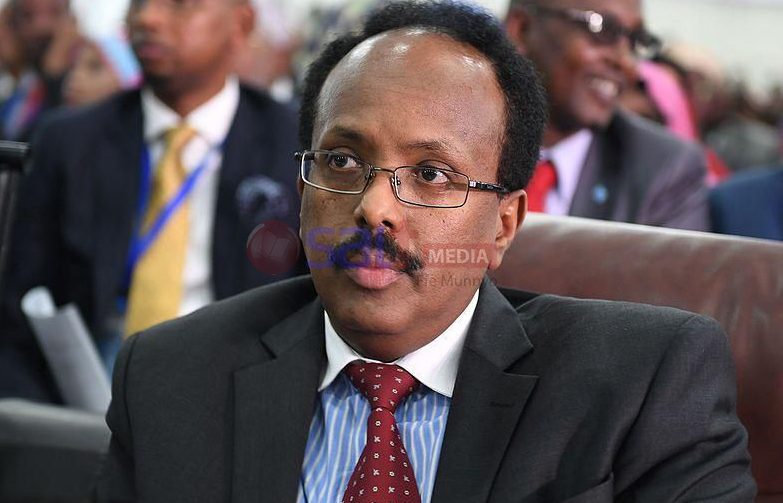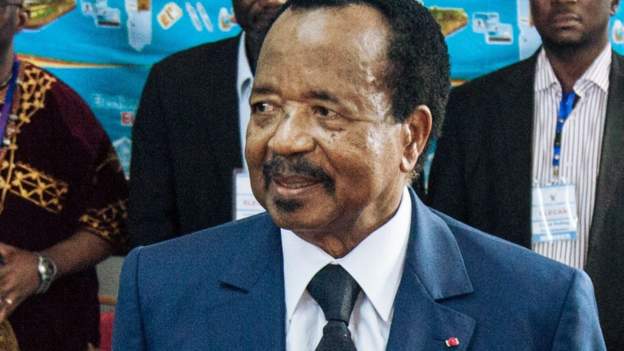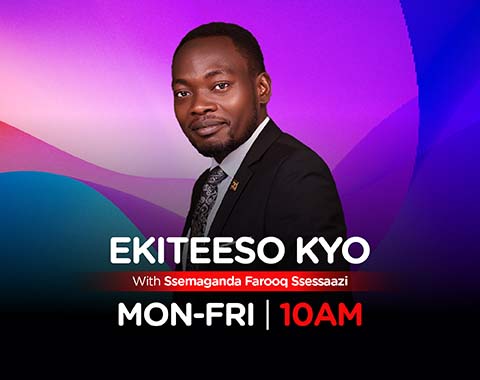In a significant development, Hong Kong-based conglomerate CK Hutchison Holdings has agreed to sell the majority of its stake in two key ports located at the entrances of the Panama Canal to a consortium led by US investment firm BlackRock. The deal, valued at $22.8 billion (£17.8 billion), includes a total of 43 ports across 23 countries, with the Panama Canal terminals being a central part of the transaction.
The sale comes amid heightened scrutiny and criticism from US President Donald Trump, who has repeatedly expressed concerns about Chinese influence over the strategic waterway. Although CK Hutchison is not owned by the Chinese government, its headquarters in Hong Kong means it operates under Chinese financial laws, which has fueled speculation about Beijing's indirect control over the ports.
CK Hutchison, founded by Hong Kong billionaire Li Ka-shing, has operated the ports at the Atlantic and Pacific entrances of the Panama Canal since 1997. The company emphasized that the sale is purely commercial and unrelated to recent political debates. Frank Sixt, co-managing director of CK Hutchison, stated, "I would like to stress that the transaction is purely commercial in nature and wholly unrelated to recent political news reports concerning the Panama Ports."
The deal, which requires approval from the Panamanian government, involves BlackRock, one of the world's largest asset management firms, and Terminal Investment Limited, a Swiss company. The sale marks a significant shift in the ownership of critical infrastructure along one of the world's most important shipping routes.
The Panama Canal, a 51-mile (82km) waterway connecting the Atlantic and Pacific Oceans, is a vital artery for global trade. Approximately 14,000 ships pass through the canal annually, including container ships carrying goods such as cars and natural gas, as well as military vessels. Built in the early 1900s, the canal was under US control until 1977, when treaties gradually transferred ownership to Panama. By 1999, Panama assumed full control of the canal.
President Trump has repeatedly argued for the US to retake control of the canal, citing national security concerns, the historical US investment in its construction, and high tolls charged to American ships. During a visit to Panama in February, US Secretary of State Marco Rubio called for "immediate changes" to reduce Chinese influence over the canal.
However, Panama has firmly rejected these claims. President Jose Raul Mulino has asserted that the canal "is and will remain" under Panamanian control. The Panamanian government has maintained that the canal is a sovereign asset and that its operations are not influenced by external powers.
The sale of the ports to a US-led consortium is likely to reignite debates about the geopolitical implications of foreign ownership of critical infrastructure. While CK Hutchison has downplayed the political significance of the deal, the transaction underscores the complex interplay between commerce, security, and international relations in the management of global trade routes.
As the deal awaits approval, stakeholders will be closely watching how it impacts the operations and strategic importance of the Panama Canal in the years to come.


















